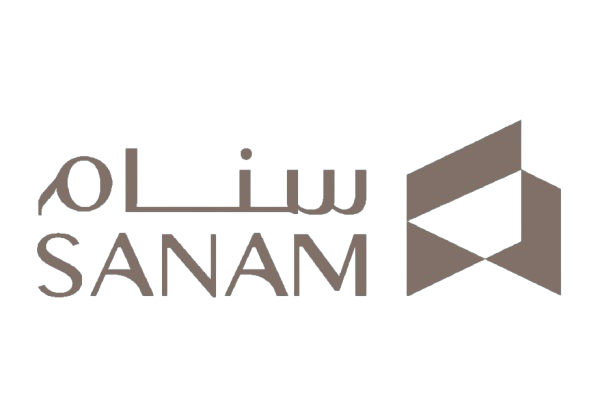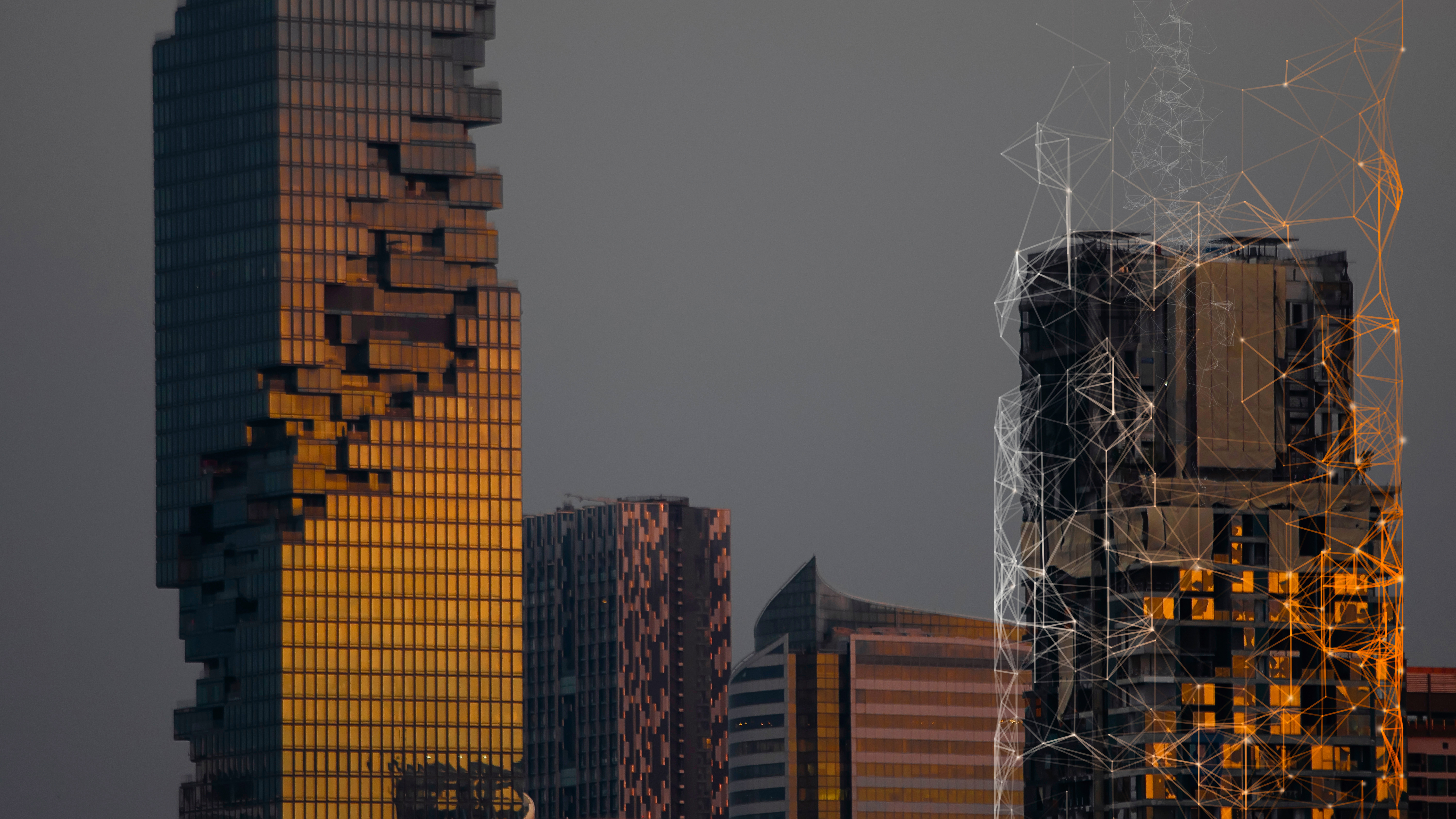Building a Sustainable Future with 3D Technology
Project Background
Client or Market Need: Kuwait’s construction industry faces challenges related to increasing demand for affordable, sustainable, and rapidly constructed buildings. Traditional construction methods are labor-intensive, time-consuming, and produce significant material waste. In addition, Kuwait’s harsh climate, with extreme temperatures, requires innovative building solutions that enhance efficiency, reduce costs, and support sustainability goals.
Abyan Building Construction addresses these challenges by leveraging 3D printing technology, a cutting-edge solution that enables faster, more cost-effective, and sustainable construction. This approach aligns with Kuwait’s goals to modernize infrastructure and adopt innovative technologies under the broader vision of sustainable economic development.
Industry Context
The global 3D printing construction industry has been gaining traction due to its potential to revolutionize how buildings are designed and constructed. In arid environments like Kuwait, 3D printing offers a strategic advantage by minimizing labor needs, reducing construction timelines, and lowering material waste. Abyan's adoption of COBOD 3D printing technology positions it as a pioneer in the Middle East for embracing sustainable and efficient construction solutions.
Challenges and Approach to Their Solutions
Challenge #1: Labor Shortages and High Costs
Issue: Kuwait's construction industry often faces labor shortages and high costs associated with skilled labor. Traditional methods require significant manpower, leading to delays and increased expenses.
Solution: COBOD 3D printing technology automates much of the construction process, reducing reliance on manual labor. This not only speeds up project timelines but also lowers labor costs, allowing for more efficient project execution.
Challenge #2: Material Waste and Environmental Impact
Issue: Traditional construction methods generate significant material waste, contributing to environmental concerns and higher costs.
Solution: 3D printing technology precisely deposits concrete layer-by-layer, minimizing waste and optimizing material usage. This reduces the environmental footprint of construction projects and aligns with Kuwait's sustainability goals.
Challenge #3: Climate Constraints
Issue: Kuwait's extreme heat and dry conditions can affect construction materials, worker productivity, and overall building integrity.
Solution: COBOD 3D printing systems operate efficiently in challenging climates and can use concrete mixes suited to Kuwait’s environment. The technology also reduces the need for extended outdoor labor, mitigating the impact of heat exposure.
Challenge #4: Regulatory and Adoption Barriers
Issue: As 3D printing is a relatively new construction method in Kuwait, regulatory approvals and industry acceptance can slow adoption.
Solution: Abyan collaborates with local authorities and stakeholders to ensure compliance and promote the benefits of 3D printing. Demonstration projects and successful builds help drive acceptance and streamline the regulatory process.
Challenge #5: Speed and Cost of Construction
Issue: Traditional construction projects can take months or years, leading to high holding costs and delayed returns on investment.
Solution: COBOD 3D printing significantly accelerates construction timelines, with some structures being completed in a matter of days. This reduces costs associated with delays and enables faster project completion.
Results and Impacts
Enhanced Construction Efficiency: Abyan’s use of COBOD 3D printing technology reduced construction timelines by up to 50% compared to traditional methods. The automation of the process enabled continuous building without interruptions, minimizing delays and increasing project scalability.
Cost Optimization: By lowering labor requirements and reducing material waste, Abyan achieved a 30% reduction in overall project costs. Energy-efficient printing processes further contributed to cost savings.
Sustainability and Waste Reduction: 3D printing significantly reduced material waste, aligning with Kuwait's environmental goals. The precision of COBOD printers allowed for near-zero waste during the construction process, promoting sustainable building practices.
Innovation in the Construction Industry: Abyan’s success has set a benchmark for innovative construction in Kuwait. By demonstrating the feasibility of 3D-printed buildings, the company has encouraged broader adoption of advanced technologies in the local construction sector.
Market Impact: Abyan’s projects, including residential and commercial buildings, have garnered attention for their speed, efficiency, and sustainability. Clients have highlighted the benefits of reduced timelines and lower costs, enhancing Abyan’s market reputation and client trust.
Key Takeaways
Abyan’s journey showcases how 3D printing technology can transform construction in challenging climates. By addressing labor shortages, reducing waste, and enhancing efficiency, Abyan offers a model for sustainable and cost-effective building practices. Their innovative approach demonstrates the potential of 3D printing to meet Kuwait's growing infrastructure demands while supporting national sustainability goals.

